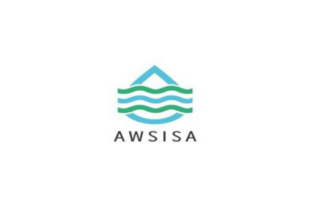The basic economic model of supply and demand is exactly what is taking place in remote drilling locations around the US. For the oil and gas industries, fresh water is a high ticket item and the most productive drilling locations are all entirely dependent on it.
Every day, thousands of trucks haul millions of gallons of fresh water to well sites for use in drilling operations, and in states like Texas, that water comes at a premium. With record droughts and tough competition between agriculture and energy, the demand for water has made it Texas’s new liquid gold. So, the question is, what do rural drilling companies stand to gain from an increased supply of fresh water? The short answer – everything! The gains come in the form of (1) a decrease in water expenses, (2) an increase in environmental stewardship, and (3) a more positive public image. What can these companies do to reduce their demand on fresh water? The answer seems too simple to be as powerful as it is, and only a handful of industry players have realised its amazing potential – on-site water treatment for reuse.
On-site water treatment in remote locations
Facing the imminent boom in domestic energy production, oil and gas industries must figure out how they will balance their environmental impact while securing a fruitful economic future. One of the most controversial aspects of the topic is the use of our most important natural resource, water, to produce another, crude oil and natural gas. This begs the question: as the US strives for energy independence, what will become of our fresh water supply?
The case for on-site water treatment
We have a century of data to show that water reclamation and recycling has a positive impact on our environment and economy. It seems appropriate that we carry these same initiatives over to our domestic energy production. On-site water treatment in drilling operations clearly has its advantages:
Reduced need for trucking water – by recycling the water on-site, the need to truck in fresh water is reduced, resulting in decreased truck traffic, wear and tear on roads.
Safe waste disposal – recycling means no more deep-well injection, eliminating the risk for groundwater contamination.
No strain on existing water treatment infrastructure – municipal wastewater treatment plants were not built to treat flowback and produced water; with on-site recycling, they don’t have to.
Source: environmentalleader.com






